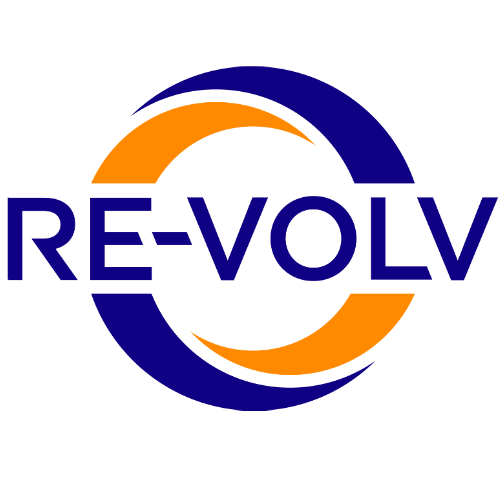Creating real equitable climate justice solutions means taking a look not just at the numbers of solar panels being installed but asking where solar is being installed. And who will reap the myriad benefits that solar offers?
Sadly, research has found that while solar adoption is on the rise, distribution is terribly inequitable in the United States. Compared with no-majority census tracts, Black-majority census tracts installed 61% less rooftop solar, Hispanic-majority census tracts have installed 45% less, and White-majority census tracts have installed 37% more, according to a 2019 study in Nature Sustainability.
Rather than the equitable just transition that environmental justice advocates have been articulating for decades, the current distribution of solar more closely resembles the dirty energy economy - where the benefits flow to the few and the burden disproportionately affects low-income communities and communities of color. To redress historical environmental injustices and rapidly accelerate the adoption of clean energy, the jobs, cost-savings, and air quality benefits of clean energy must be realized by every community.
The good news is that there is growing momentum to make solar more affordable and accessible to impacted communities. For example, through the Biden Administration’s Justice40 Initiative, 40% of the overall benefits of federal investments in clean energy and sustainability will flow to disadvantaged communities that are marginalized, underserved, and overburdened by pollution.
That’s why at RE-volv, our work is focused on bringing clean energy to communities that need it most. RE-volv helps community-based nonprofits that serve the most vulnerable among us go solar, reducing their operational costs so they can put their limited resources into their programs. RE-volv also helps make solar more visible in the process. Not only by putting solar on the nonprofit’s roof, but by organizing solar education events that help people learn more about solar, home electrification, EVs, and the significant resources now available thanks to the Inflation Reduction Act.
In addition to highlighting the disparity of solar deployment due to race and ethnicity, the 2019 Nature Sustainability study also puts a spotlight on an important tool we all can use to accelerate equitable solar adoption in-line with RE-volv’s theory of change. It’s known as the “seeding effect of solar.” The seeding effect of solar refers to the phenomenon that “PV installations often result in a feedback loop: When a few residents in a community get solar, known as ‘seed’ customers, it compels others to join.” In particular, the researchers found that “when communities of color are initially seeded—or have first-hand access to rooftop PV technologies—the deployment significantly increases compared with other racial/ethnic groups.”
RE-volv is proud to announce that the Wells Fargo Foundation recently donated $300,000 to scale our efforts to accelerate equitable solar adoption in communities across the country.
Over the next year, this grant will support RE-volv’s plans to deploy a minimum of $3-5M USD of solar installations for community-serving nonprofits across the country. This includes supporting our partnership with Interfaith Power & Light and Green the Church that was awarded by the US Department of Energy’s National Renewable Energy Laboratory (NREL) to scale a model for inclusive solar adoption by BIPOC-led houses of worship. Our vision for this collaboration is to build out a process, model, and pipeline to effectively leverage various federal incentives to deliver the benefits of solar to BIPOC communities through a seeding effect.
In addition, support from the Wells Fargo Foundation will allow us to expand our community engagement and storytelling efforts, empowering community voices and perspectives on local clean energy and climate solutions. We believe in telling stories that highlight the social and environmental impacts when community-serving nonprofits go solar. And, most importantly, allowing individual and community voices that are underrepresented to share their unique stories and ideas for local climate solutions and resiliency efforts.
We are thrilled to partner with the Wells Fargo Foundation in this incredibly important work to help deliver equitable clean energy solutions to those that need them most.
